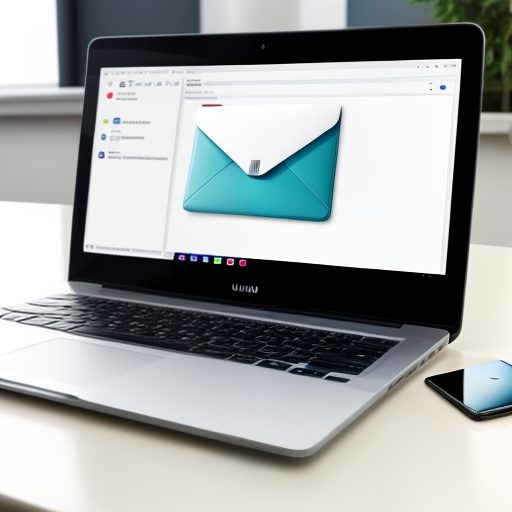
What Are POP3 and IMAP Emails? A Beginner’s Guide
Emails are an essential communication tool for any business, but many people don’t know how email systems work behind the scenes. When setting up your business email you’ll likely encounter terms like POP3 and IMAP. These are protocols that dictate how your emails are downloaded and managed.
In this post, We” explain what POP3 and IMAP mean, how they function, and how to choose the best option for your business.
1. What Are POP3 and IMAP?
Both POP3 (Post Office Protocol 3) and IMAP (Internet Message Access Protocol) are methods your email client (such as Outlook 365) uses to retrieve messages from a mail server. The difference lies in how they store and sync your emails.
- POP3: Downloads your emails from the server onto your device and typically deletes them from the server afterward. This means that once an email is downloaded to a specific device (like your computer), it stays there, and you won’t see it on other devices.
- IMAP: Keeps emails on the server and syncs them across all your devices. You can access your emails from any device with IMAP, and changes (like deleting or moving emails) are reflected across all of them.
2. How POP3 Works
POP3 is an older email protocol designed for users who typically access their emails on just one device. Here’s how it usually works:
- Connect: Your email client establishes a connection to the mail server.
- Download: Emails are downloaded from the server to your device.
- Delete: After downloading, the emails are often deleted from the server (though this setting can be changed).
-
Advantages of POP3:
- Your emails are stored locally, so you can access them offline.
- It uses less server storage, as emails are removed from the server after being downloaded.
-
Disadvantages of POP3:
- Emails are tied to a single device, making it harder to access them from multiple devices (e.g., phone, laptop, tablet).
- If your device is lost or damaged, you risk losing your emails unless they’ve been backed up.
3. How IMAP Works
IMAP is better suited for modern email use, where users need to access their emails across multiple devices (like smartphones, tablets, and computers). Here’s how it works:
- Connect: Your email client connects to the mail server.
- Sync: Emails are synchronized between the server and your device. The emails remain on the server, and actions like reading or deleting an email are reflected on all your devices.
-
Advantages of IMAP:
- Emails are accessible from multiple devices and synced in real-time.
- You can manage your emails offline, and once you reconnect, any changes will be synced.
-
Disadvantages of IMAP:
- Since emails stay on the server, you’ll need ample server storage space.
- Working offline is limited, as your emails are primarily stored on the server.
4. Which One Is Right for Your Business?
Choosing between POP3 and IMAP depends on how you manage your emails and whether you need access across multiple devices. Here’s a quick guide to help you decide:
- Choose POP3 if:
- You only check your email on one device (e.g., a desktop computer).
- You don’t need to sync emails across multiple devices.
- You prefer to store your emails locally for offline access.
- Choose IMAP if:
- You check your emails on multiple devices (e.g., phone, tablet, laptop).
- You want real-time syncing of emails across devices.
- You have a reliable internet connection and prefer server-side storage for easy access from anywhere.
Final Thoughts
Both POP3 and IMAP have their advantages. However, for most modern businesses, IMAP is the better choice as it offers more flexibility, accessibility, and synchronization across multiple devices. That said, if you prefer storing emails locally and only use one device, POP3 could still work well for you.
Get Your POP3 & IMAP Emails with B_Limitless Mailing Services
At B_Limitless, we offer email hosting services that support both POP3 and IMAP, allowing you to choose the best solution for your business. Contact us today to learn more about how we can help you set up your email system.
Contact us today to find the right SSL certificate for your business and secure your online presence.


